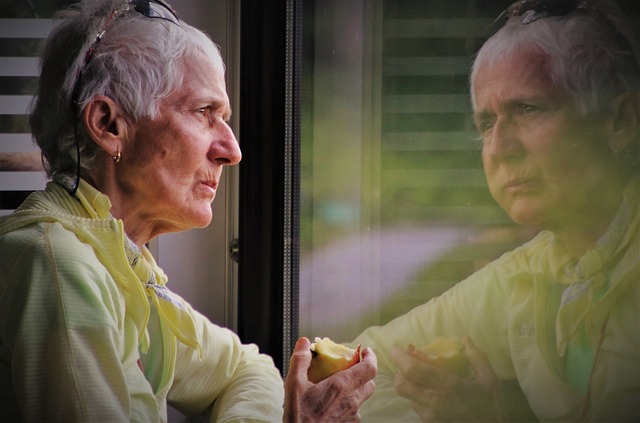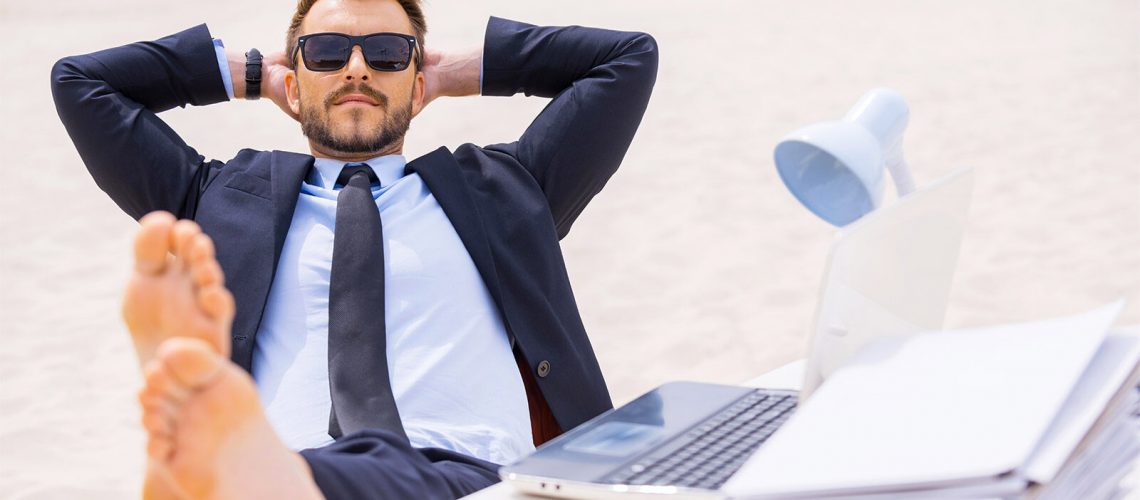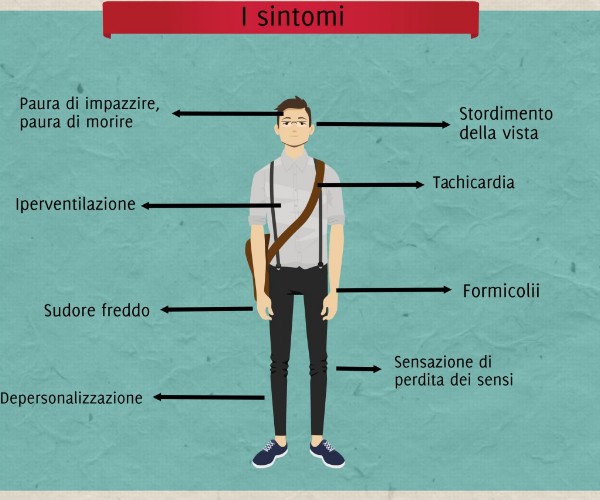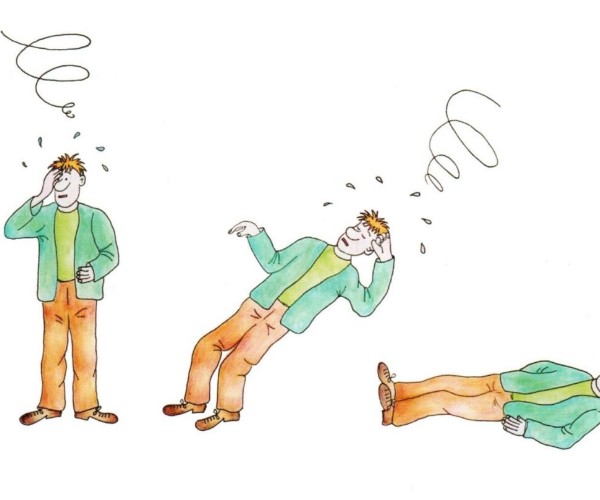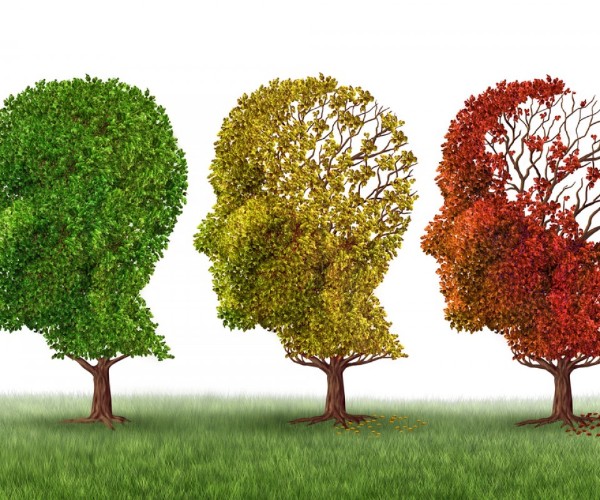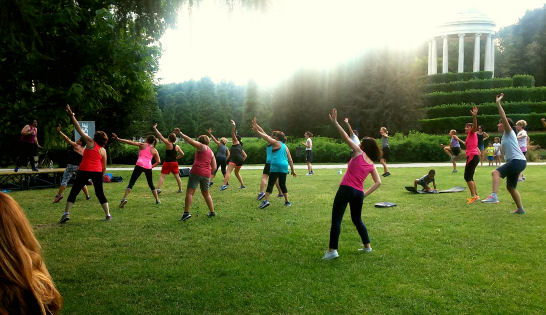It is important to remember that relaxation and self-care are not just luxuries: they are essential to avoid negative consequences, such as discomfort, discomfort, or slipping into a particular condition such as what has been termed burn-out.
Burn-out is not a disease, but a syndrome characterized by: fatigue, loss of interest, cynical attitude, decreased performance. It results from the prolongation and chronicization of a state of excessive stress. Its effects are manifested at the cognitive-emotional, behavioral and physical levels.
Particularly stressful or overly repetitive jobs, conditions of high competition or lack of prospects, high expectations or lack of motivation are all conditions in which burn-out can develop.
Being able to carve out free space, that is, to differentiate the space and time of work from that devoted to one’s personal life and leisure is an important thing, precisely to relieve pressure and stress.
This, however, is not very easy because we are in an age in which, thanks to technological advances, barriers and limits of time and space seem to be broken.
One is always connected, many people work from home, which makes them somehow always on call and always immersed in work needs and urgencies, seamlessly. This was compounded by the pandemic. The necessary acceleration that has been given to “remote” work organization has further amplified and absolutized this phenomenon.
The summer vacation then becomes an unmissable opportunity to try to rebalance a situation that is increasingly being delineated as stressogenic.
What to suggest or recommend to be able to “unplug“?
- First become aware that “vacant” space and time (hence the word vacation) are goals to be planned, conquered and protected.
- Planning means, for example: prioritizing and completing those work commitments that are most likely to negatively interfere with the expected vacation period; postponing the rest of the work until the resumption after the break; learning to say no to commitments or events in the period already planned for the vacation.
- Having a list of priorities can help explain why it is necessary to set those limits. Also, writing a to-do list for when you return can be a subtle demarcation signal for the brain: one thing is ending and another is beginning.
- And finally, it is important not to underestimate the power of e-mail. It would be a good habit, when you are not operational at work, to set up a clear response from which it is clear that you are away, so that people know you are taking a break. Emergency contact details can be established, but it is important that from others there is no expectation of a response to everyday e-mails.








